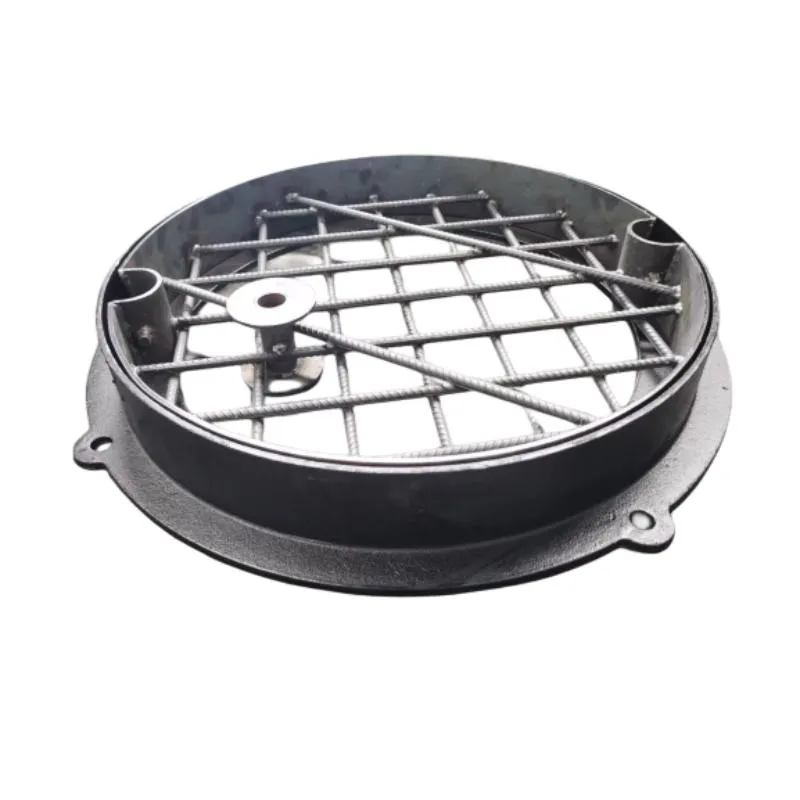gate valve extended body
Understanding Gate Valves with Extended Bodies
Gate valves are a crucial component in various piping systems, primarily utilized for on/off control of fluid flow. Their design allows for minimal flow resistance when the valve is fully opened, making them ideal for applications that require a straight-line flow. Among the various designs of gate valves, the extended body gate valve has gained significant attention. This article delves into the features, benefits, applications, and considerations associated with gate valves with extended bodies.
What is an Extended Body Gate Valve?
An extended body gate valve features a longer and often enlarged body that creates additional clearance between the valve seat and the pipeline. This design modification enables easier maintenance, enhances the valve's operational capacity, and allows for better handling of varying fluids. Typically composed of durable materials such as stainless steel, carbon steel, or cast iron, these valves are engineered to withstand high-pressure environments and corrosive substances.
Advantages of Extended Body Gate Valves
1. Increased Durability The extended body helps shield the internal components of the valve from harsh environmental conditions, including high temperatures and corrosive fluids. This enhances their life span and reduces the need for frequent replacements.
2. Ease of Maintenance The design of extended body gate valves allows greater accessibility during maintenance procedures. This means that technicians can perform inspections, repairs, and replacements without the need for complete disassembly of the piping system.
3. Reduced Flow Resistance The shape and structure of the valve minimize turbulence and flow resistance when the valve is fully open. This characteristic is particularly advantageous in systems where fluid dynamics is critical for efficiency.
4. Versatility Extended body gate valves can be used in a wide range of applications, from water supply systems to chemical processing plants. Their robust design makes them suitable for both low and high-pressure applications.
5. Improved Sealing The extended body design often comes with better sealing capabilities. The increased distance between the valve seat and the operating mechanisms allows for a more effective seal, reducing the risk of leaks in systems that handle hazardous or pressurized substances.
Applications of Extended Body Gate Valves
gate valve extended body

Extended body gate valves find use in various industries, including
- Water and Wastewater Management They are commonly used in water treatment plants and sewage systems to regulate the flow of water and waste. - Oil and Gas Industry These valves handle crude oil and natural gas, where high pressures and harsh chemicals are present. - Chemical Manufacturing With the ability to manage corrosive chemicals safely, these valves are indispensable in chemical processing facilities. - Power Generation Extended body gate valves play a vital role in cooling systems and steam lines in power plants.
Considerations When Choosing Extended Body Gate Valves
While the benefits of extended body gate valves are numerous, there are several factors to consider when selecting the right valve for an application
1. Material Compatibility Ensure that the valve material is compatible with the fluid being transported to prevent corrosion and degradation over time.
2. Pressure Ratings Verify the pressure ratings applicable to the system. An extended body gate valve must be able to handle the high pressures typically found in industrial settings.
3. Size and Specifications The size of the valve should match the diameter of the piping system. Additionally, consider factors such as flange types and end connections.
4. Installation Space The extended body may require more space for installation compared to standard gate valves. It is crucial to account for this when designing the piping layout.
5. Cost Efficiency While initial costs may be higher for extended body valves, their longevity and reduced maintenance needs can lead to long-term savings.
Conclusion
Gate valves with extended bodies provide a blend of durability, ease of maintenance, and operational efficiency. Their robust design is suitable for a wide range of applications, making them indispensable in various industries. Choosing the right extended body gate valve requires careful consideration of factors such as material compatibility, pressure ratings, and installation requirements. By understanding these valves' intricacies, engineers and technicians can optimize fluid control systems for reliability and performance.
-
The Smarter Choice for Pedestrian AreasNewsJun.30,2025
-
The Gold Standard in Round Drain CoversNewsJun.30,2025
-
The Gold Standard in Manhole Cover SystemsNewsJun.30,2025
-
Superior Drainage Solutions with Premium Gully GratesNewsJun.30,2025
-
Superior Drainage Solutions for Global InfrastructureNewsJun.30,2025
-
Square Manhole Solutions for Modern InfrastructureNewsJun.30,2025
-
Premium Manhole Covers for Modern InfrastructureNewsJun.30,2025
